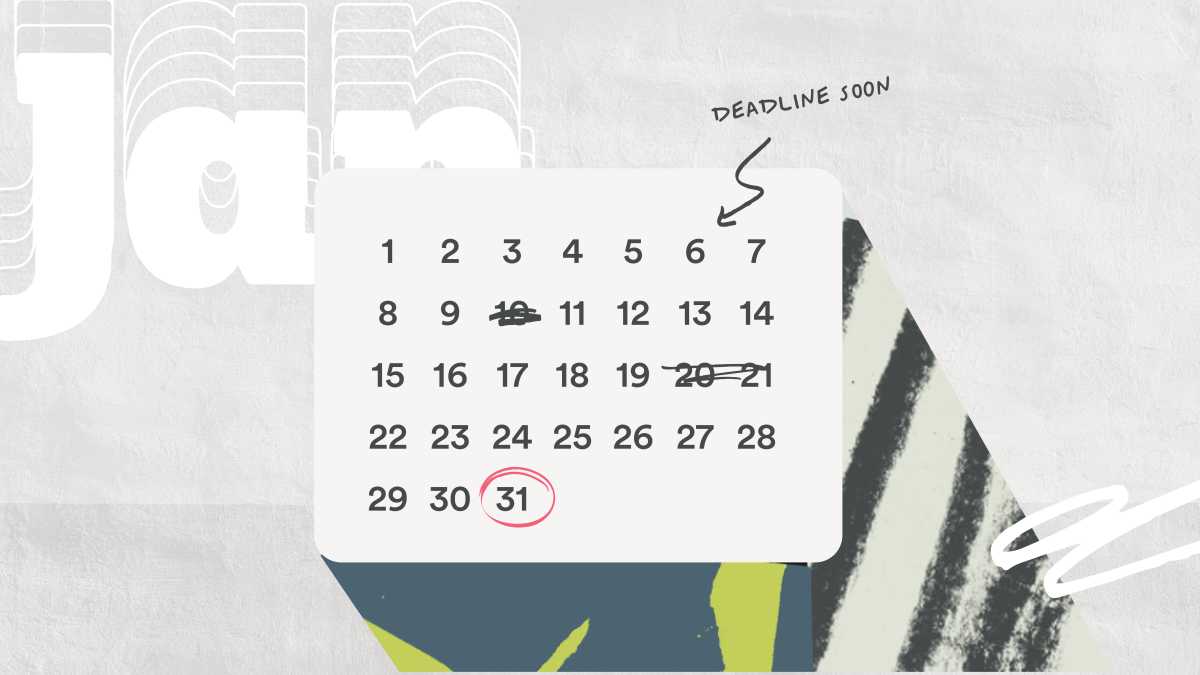What is year-end accounting?
Year-end accounting, sometimes called ‘closing the books’, or ‘fiscal year-end’ is an important time for a limited company. This is the process of reviewing and verifying all the financial statements and transactions of your business, to make sure everything adds up.
Your year-end will be set by Companies House when your company was formed. For example, if your company was set up on 5 March 2023 then your year-end will be 31 March 2024.
Throughout your reporting year, it’s a good idea to keep your bookkeeping in order as you go. There is different software available to help you, or you can use apps like Mettle’s tax calculation to give you a running estimate of how much tax you’re likely to owe. The tax calculation is based on a set of ‘tasks’ you need to complete in the Mettle app and in FreeAgent, award-winning accounting software (which is included with a Mettle account).
All the documents you’ll need to send to Companies House are explained below.
What information do I need to report in year-end accounts?
Confirmation statement or Annual Return: Each year you will need to file a confirmation statement with Companies House which confirms that your company information is still correct and your company is still active
Statutory accounts
These are a set of financial reports that you’ll prepare at the end of each financial year. They’ll sometimes be called ‘annual accounts’ or ‘financial statements’, and they consist of:
Directors report: this describes your principal activities, who the directors are and provides a statement of the directors’ responsibilities
Profit and Loss Account: this provides an overview of your profit and loss for the financial year
Balance sheet (sometimes known as a statement of financial position): this is a snapshot of your company’s assets and liabilities. It would also give you an indication of how much reserves are available for distribution to shareholders
Notes to the accounts: these help the reader to understand parts of the income statement and statement of financial position in more detail
If you are a micro-entity you may be able to submit shorter versions of these annual accounts.
At the same time as submitting company accounts many small business owners also make submissions to HMRC for their tax return:
CT600: This is the form used to calculate your company’s corporation take, it is filed with HMRC and is a high-level document detailing summary turnover, expenses, tax allowances, profit and the tax calculation.
Year-end reporting deadlines
When everything is due depends on Companies House and HMRC.
Action | Deadline |
|---|---|
To file your company’s first accounts with Companies House | 21 months after the date you registered with Companies House |
To file annual accounts with Companies House | 9 months after your company’s financial year ends |
Payment of corporation tax to HMRC or tell HMRC your company doesn’t owe any | 9 months and 1 day after your ‘accounting period’ for Corporation Tax ends |
File a company tax return to HMRC | 12 months after your accounting period for Corporation Tax ends |
What happens if I miss the year-end reporting deadline?
If you miss the deadline for submitting your statutory accounts (which is different to your Company Tax Return deadline – see below), then Companies House will impose a penalty of:
£150 if you are up to 1 month late
£375 if you are between 1 to 3 months late
£750 if you are between 3 to 6 months late
£1,500 if you are over 6 months late.
These penalties are doubled if you are late to file 2 or more years in a row.
There are some key things to remember to avoid a penalty:
Your accounts will not be accepted until they meet the requirements of the Companies Act and they could be returned for you to correct. To avoid a fine for submitting the corrected accounts it’s best to submit as early as possible
If there is a special reason why the accounts might be filed after their due date, you can apply for more time before the deadline passes
If you miss the submission deadlines of your Company Tax Return, you could be liable to pay penalties, starting from £100. You can find the full details of the penalties on the government website.
There are no penalties for filing your confirmation statement or annual return but the registrar could take steps to strike off your company.
How to prepare early and get ahead?
The best way to prepare is to make sure your records are in order. Disorganised records can put your business at risk of penalties. If you keep your records on paper or spreadsheets, it can prove challenging and time-consuming to ensure your data is complete and your accountant may find it takes them twice as long to go through everything.
It’s becoming increasingly common to use cloud-based digital software to maintain your records, like FreeAgent, which you get included with a Mettle business bank account. You can sync all your business transactions from Mettle in real time to FreeAgent. You can also use the tax calculation, which gives you a running estimate of what tax you’re likely to owe.
Here are some other ways you can get prepared:
Documentation
Review your transactions from the whole financial year so you can identify any missing documentation needed to support your year-end. If anything is missing, follow it up. Make sure it’s all stored and easy to find. If you’re using digital software, you can store it there.
Sales
Follow up any outstanding orders, look through all your sales to ensure all invoices have been sent out and raise any drafted invoices.
Open / Overdue invoices
Chase all open or overdue invoices, with the aim of getting paid before year-end. This helps you know that you’re paying taxes on the money that has been received. If you have digital software, you can automate the chasers and send out reminders every few days, eliminating the manual process.
Bad debt
Identify all bad debt – such as customers not paying what they owe, despite you taking all necessary steps to get the payment – you can write off and let your accountant know so they can adjust for them. This will help reduce your profits and your final tax liability.
Stock / Inventory
Review your stock/inventory for damaged stock and identify anything that is currently overvalued. Check quantity levels and make sure that all sold stock levels have been adjusted to include anything that might not have been sent yet. A stock valuation can have a big impact on the final tax calculation.
Supplier balances
Check to make sure your supplier balances map to supplier statements. If you see any differences, this could be down to you overpaying your supplier or duplicating costs in your records. You won’t want to have paid twice for a purchase or shortchange the tax you owe.
Bank reconciliation
Make sure all your bank transactions have been explained or allocated to the relevant categories (if you’re using digital software). Make sure that your spreadsheets are complete, formulas are working, etc., and your bank account has been reconciled against the actual bank statements. As humans, we can make mistakes when recording information on spreadsheets, and the software we use can only generate information based on the data we give it – so it’s best to double-check everything.
Expenses
Check to make sure you’ve claimed all your expenses. For every £100 of allowed costs, you save £19 in corporation tax. Expenses can only be claimed if they’re exclusively for business purposes. Double-check to make sure that you’ve categorised your expenses correctly between expenditure and assets, if there is anything unclear make a note to follow up.
Large purchases
If you’re using digital software, see what your profits and corporation tax liability is looking like. If you were planning to make a large purchase after year-end, you may decide to bring it forward to the current financial year to help reduce the tax burden.
Employer pension contributions
If you’re planning on making any pension contributions, this is the time so you can secure the tax relief against your profits.
Wages
Make sure all your payroll records are accurate and up to date, check you’ve captured the salary for the last month of the year and documented any bonuses due or paid.
Accruals and prepayments
If possible, identify any accrued costs. These are costs where you’re yet to receive the bills but relate to the current financial year. Similarly, find any significant costs you’ve paid for that cover periods beyond this financial year. Some examples of these costs include insurance, rent and rates.
Preparation is key to success
Since company returns are due nine months after the financial year ends, it’s easy to think that you have nothing to worry about and that there’s plenty of time to get things sorted.
If you use an accountant (which most with a limited company will do), it’s even easier to think that they’ll get it sorted for you because they have been paid for this service.
However, what you do before the financial year ends plays a big part in whether the handover to your accountant will be a smooth or stressful experience.
Your accountant will request information from you within the next nine months and you may find that looking for that information may be time-consuming without the right preparation.
Blog first published: 10 December 2020
Disclaimer: The content of this blog is based on our understanding of the topic at the time of publication and should not be taken as professional advice. Any of the information may be subject to change. You are responsible for complying with tax law and if in doubt, should seek independent advice.
Frequently asked questions
Does a limited company pay tax in the first year?
For example, if you set up your company on 11 May, its accounting reference date will be 31 May the following year. So your company’s first accounts must cover 12 months and 3 weeks.
Read moreAccording to gov.uk, your tax return can’t be longer than 12 months, so you’ll have to file two tax returns (and have 2 payment deadlines).
Do limited companies need an accountant?
There is no legal requirement for a limited company to use an accountant, but it can be helpful.
Read moreAlso using business bank accounts like Mettle, where you can categorise your spending, upload receipts and match them to payments, and auto-sync with accounting software like FreeAgent (which you get included with Mettle), can be helpful.

